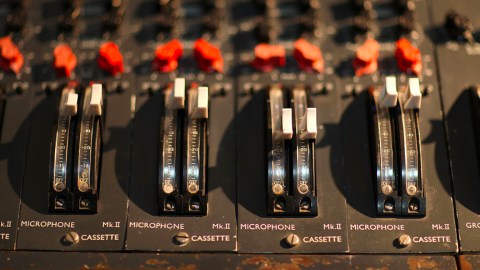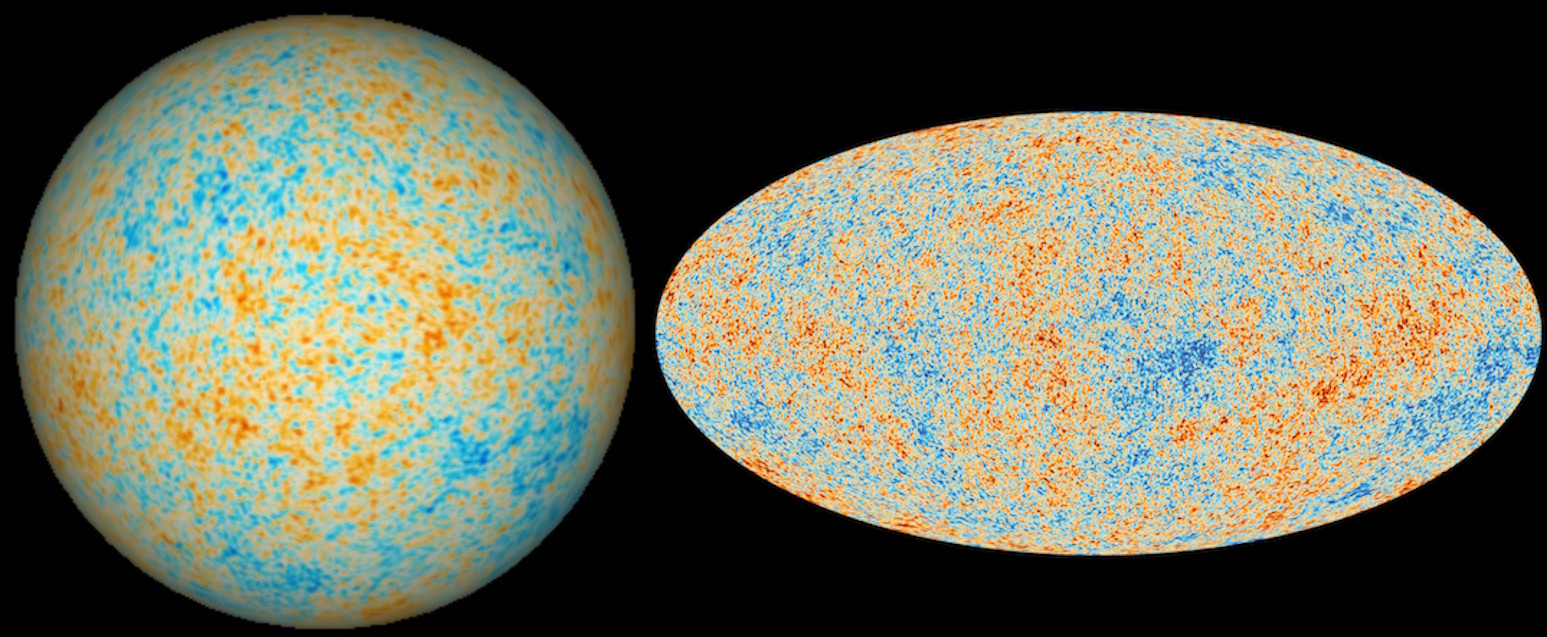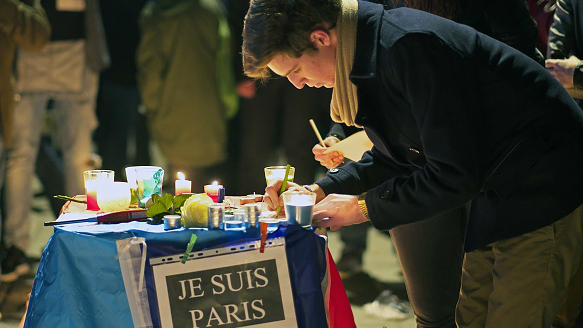The Digital Revolution Is Totally Screwing Songwriters

“…Baby One More Time” and Britney Spears. “I Kissed A Girl” and Katy Perry. “Since U Been Gone” and Kelly Clarkson. Pop music’s biggest hits are almost inseparable from their performers. As John Seabrook reminds us in his new book The Song Machine, this is by design, even when those performers have very little input in the actual songwriting and production process. More tellingly, Seabrook paints a picture of a disturbingly homogenized “hit factory” that uses these performers as mere packaging for what amounts to the work of a select few hit-makers.
“If songwriters can’t afford to work, then the whole hit-making apparatus of the song machine is doomed.” — John Seabrook
Current hit songwriters/producers like Max Martin, who has written more chart-topping hits than the Beatles, are, contrary to popular opinion, nothing new. They harken back to the days of Tin Pan Alley, the hub of the music industry in the late 19th and early 20th century, as well as to the Ford-like line of production within the Motown label in the 1960s. That they exist within a new business model that values singles over albums, and amidst a digital revolution that has recently come under attack, makes them a perfect example of why the music industry has yet to recover from the so-called “Napster effect.”
Indeed, while songwriters are increasingly the force behind pop music (rather than those artists who perform them), they are the ones left most vulnerable to the new digital music ecosystem. Taylor Swift has publicly rallied against services like Spotify for the meager royalties she receives from making her catalogue available to be streamed. According to SpotifyArtists, artists earn on average less than one cent per play, between $0.006 and $0.0084. That ends up being a large paycheck for someone like Swift, but it leaves songwriters and smaller artists with very little to show for it. While songwriters and music publishers are set to get 10 cents for every copy made of a song, that goes down to 0.04 of a cent per stream on Spotify in the U.S.
For a current music landscape that depends more heavily on strong songwriters to perpetuate itself, this schism is sure to continue rocking the boat. “If songwriters can’t afford to work,” Seabrook writes, “then the whole hit-making apparatus of the song machine is doomed.”
Jonathan Taplin of the USC Annenberg Innovation Lab argues that piracy is problematic because it forces the content economy to seek out new revenue streams that are anything but a sure thing.
Photo by Tim Whitby/Getty Images
—
Manuel is a NYC-based writer interested in all things media and pop culture. He’s a regular contributor to The Film Experience and Remezcla. His work has been featured in Mic News, Film Comment, and Model View Culture. He also has a PhD but hates bragging about it. www.mbetancourt.com





